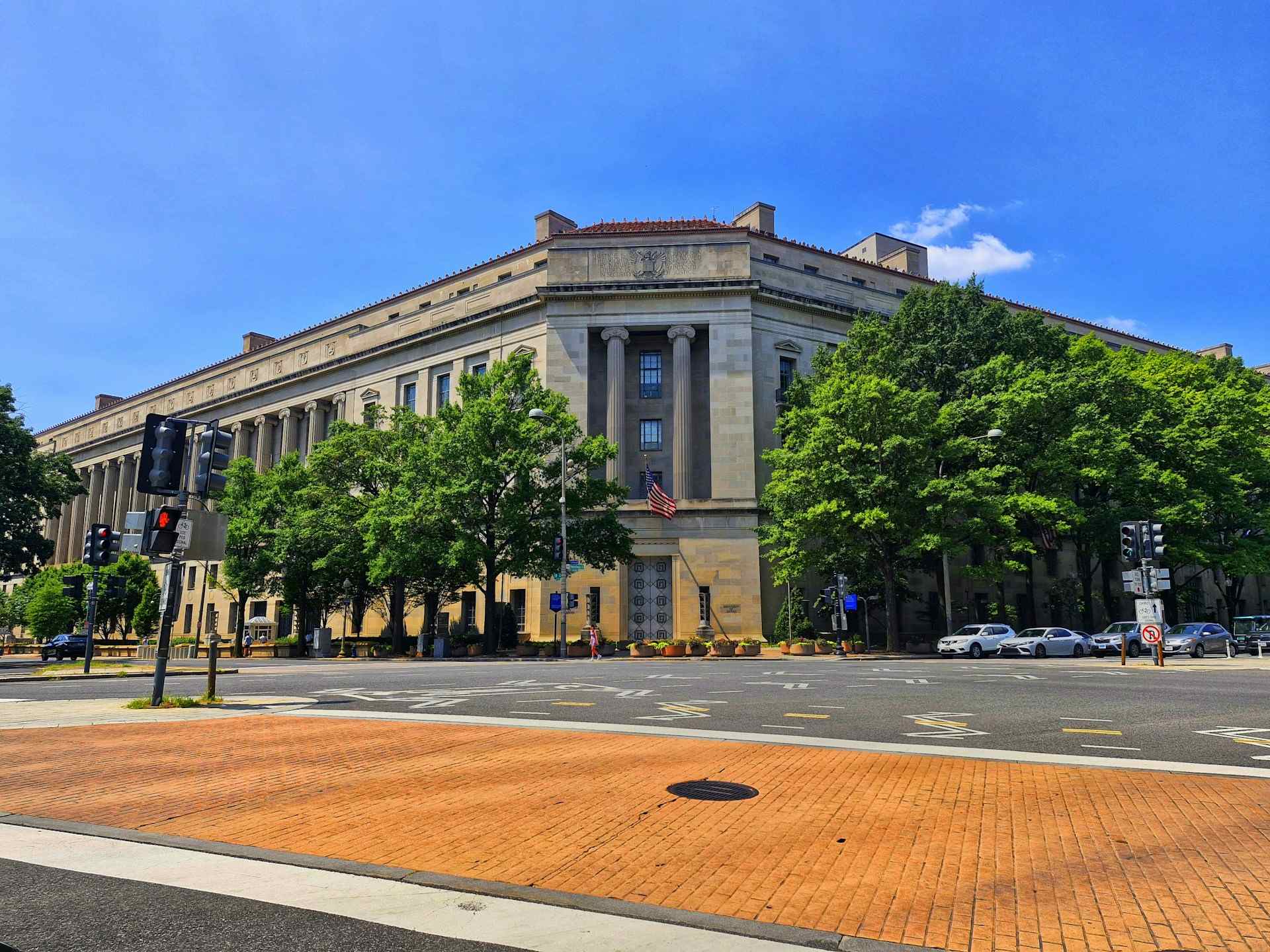Harvard’s courtroom challenge opens a critical legal battle over federal grant authority and academic freedom. On 21 July 2025, the venerable university urged a Boston federal judge to restore approximately $2.5 billion in cancelled research funding and halt any further cuts. The move comes after Harvard rebuffed a federal task force’s demands, covering governance, hiring and admissions restructuring, prompting the administration to allege inadequate responses to campus antisemitism.
The university emphasised that the funding withdrawal imperils hundreds of research initiatives, spanning cancer, infectious diseases and Parkinson’s breakthroughs, crucial to both public health and innovation. Harvard contends that using grants as leverage to enforce ideological conformity violates its First Amendment protections and breaches contract terms, as the request extended beyond addressing antisemitism to controlling campus policy.
In contrast, the administration defends its actions as lawful measures aimed at ensuring taxpayer funds align with federal policy goals and antisemitism mitigations, rather than a punitive payoff. Its stance relies heavily on contractual clauses permitting grant termination when recipients fail to meet federal objectives.
The legal confrontation before Judge Allison Burroughs is emblematic of a broader contention between federal reach and institutional autonomy. Harvard asserts the stakes are existential: permanent funding loss could derail key research, incite layoffs and freeze hiring, jeopardising its contribution to science and medical advancement. With parallels emerging in similar suits and injunctions concerning international student visas and funding controls, the outcome holds national significance.
A ruling in Harvard’s favour could reverse the defunding wave across elite universities, reinforcing limitations on executive power over academic governance. A defeat, conversely, may embolden federal oversight through grant terms and reshape university policy control.


